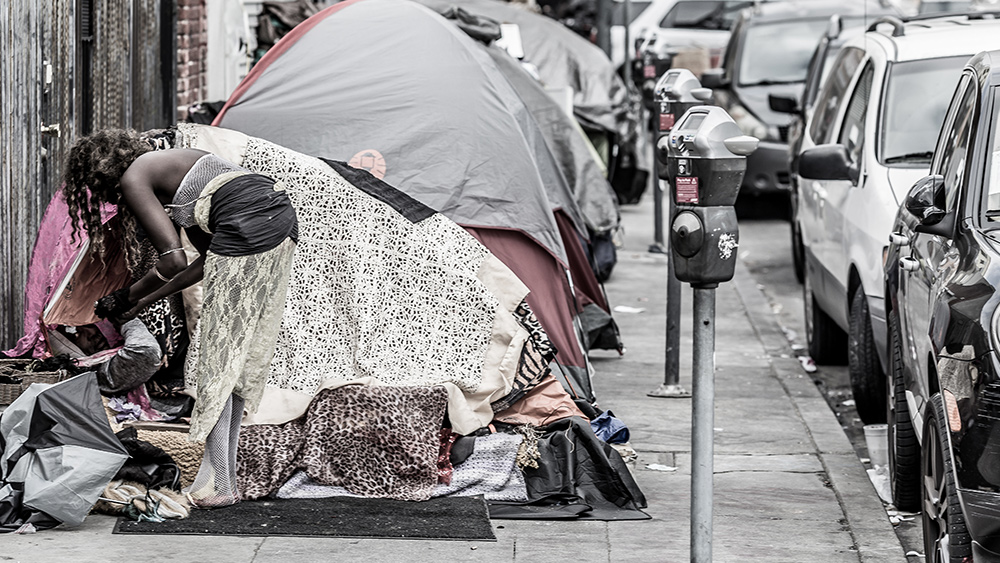
As energy prices continue to climb, a new poll has found that nearly a quarter of Brits are planning to leave their heating off altogether and brave the cold to keep costs down this winter.
This statistic illustrates just how badly people are suffering in the face of multiple economic crises. The Telegraph reports that while 23 percent of people in the UK won’t use their heating if energy prices continue to rise, the figure climbs to 27 percent among those with children under the age of 18.
In another concerning statistic, 11 percent of respondents said that they would take out a loan to cover their energy costs; 17 percent of those with children under the age of 18 were planning to do the same.
A price hike was announced last week, and the price cap on energy for domestic customers was increased by 80 percent. The move will see the average gas and electricity bill per year rise from £1,971 to £3,549 per year.
Not surprisingly, 69 percent of adults overall said they planned to use their heating less this winter because of prices as the UK continues to grapple with rampant inflation.
Christine Jardine, the Liberal Democrat spokesperson for the Cabinet Office, said: “It is a national scandal that parents are having to choose between heating their homes and feeding their children. It shouldn’t be like this. Britain is on the brink of the worst cost of living crisis in a century and yet still Liz Truss and Rishi Sunak will not scrap the energy price rise.”
The situation has gotten so bad that many union workers have either threatened to strike or are carrying out strikes aimed at pressuring their employers to increase their pay.
There are fears that people will soon take to the streets as the economic situation becomes more dire. The head of the British trade union Unite, Sharon Graham, recently compared the current public sentiment to that seen during the country’s poll tax riots, which resulted in widespread street violence throughout the UK after Margaret Thatcher imposed a poll tax in 1990.
She said: “I actually think there is a moment where people could rise to doing exactly the same thing again,” adding that there was no “shadow of a doubt” that the political tensions there have hit that level.
France and Germany are also bracing for potential violence amid soaring prices
Other countries have voiced similar concerns about the potential response by the public to extreme economic hardship this winter. France and Germany recently set records for electricity prices as the impact of Western sanctions against Russia continues to be felt.
The costs of electricity per megawatt-hour (MWh) in both countries has risen by more than 1,000 percent over last year, when both countries saw prices of 85 euros. The price has now hit 850 euros in Germany and more than 1,000 euros in France.
This is largely due to a slowdown in the flow of Russian gas amid sanctions due to their invasion of Ukraine as many thermal power plants rely on natural gas for generating electricity.
Russia claims that the shortfalls in gas shipments being seen right now are the result of technical issues related to the Nord Stream 1 pipeline, but many experts believe it is actually a retaliatory move in response to the sanctions.
German Interior Minister for North Rhine-Westphalia Herbert Reul warned that people who protest the energy crisis would be considered “enemies of the state,” while the President of the Thuringian Office for the Protection of the Constitution said that gas shortage riots there would make the anti-lockdown protests seem like a “children’s birthday party” in comparison.
France is also seeing significant maintenance issues in its nuclear power sector, with just 24 of the 56 state-owned reactors there in operation. This has driven France’s energy production to a historic low.
French President Emmanuel Macron has called the current economic situation “the end of abundance” and warned of a “great upheaval” wherein people “may react with great anxiety.”
Sources for this article include:
Please contact us for more information.



















